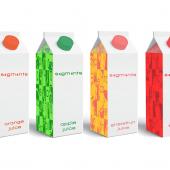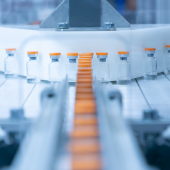Metal: recycling is forever
 A European campaign promotes the sustainability of aluminium and steel packaging which, by virtue of its characteristics, fully meets the principles of the circular economy. With the involvement of CIAL and Ricrea, Anfima coordinates the initiative in Italy, which includes the diffusion of a registered trademark to be affixed to boxes, jars, cans, cans, drums, buckets... to guarantee the complete recyclability of metal packaging.
A European campaign promotes the sustainability of aluminium and steel packaging which, by virtue of its characteristics, fully meets the principles of the circular economy. With the involvement of CIAL and Ricrea, Anfima coordinates the initiative in Italy, which includes the diffusion of a registered trademark to be affixed to boxes, jars, cans, cans, drums, buckets... to guarantee the complete recyclability of metal packaging.
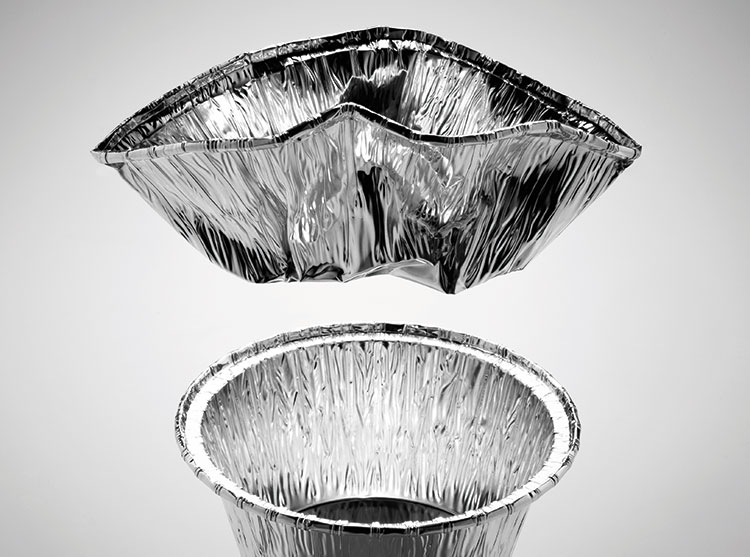
From a recent Ipsos research, it emerges that 77% of Italians orient their purchasing choices, carefully evaluating the sustainability of the raw materials used to produce packaging and supply chain processes. Hence also an implicit judgment on the ethics of the companies involved.
These are undoubtedly encouraging considerations, which confirm that in Italy the majority of consumers demonstrate a good level of awareness and interest in the circular economy.
Indeed CIAL and Ricrea (National Consortiums for the Recycling and Recovery of Packaging, respectively, in Aluminium and Steel) with the coordination of Anfima (the confindustrial association that brings together the Italian Metal Packaging Manufacturers) are launching a new national campaign, aimed at promoting the use of metal packaging as a functional and environmentally friendly solution.
A campaign that, involving various stakeholders - producers, end users and consumers, all called upon a correct and conscious use of packaging - intends to reiterate the material’s significance as an economic resource, enhancing its recyclability.
The project, which is divided into several awareness raising initiatives, is supported by the “Metal Recycles Forever” logo, issued by Metal Packaging Europe, the reference association in Europe for the promotion of metal packaging, represented in Italy by Anfima.
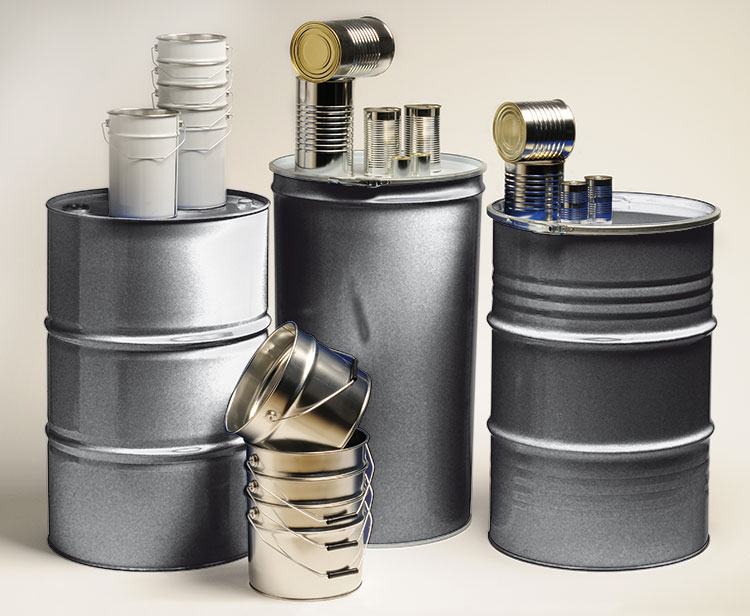
Materials to be recovered for safe packaging
Packaging in metal containers, made of steel or aluminium, guarantees total protection from oxygen, gas, light, humidity or other contaminations, which enables the prolonging of the shelf life of the product, preserving it from deterioration and avoiding waste.
The raw material used, as said, can be recycled endlessly without losing its specific functional characteristics. The examples supporting this are not lacking: a beverage can is in fact produced using an average of 68% of recovered aluminium, making it overall the most widely recycled beverage packaging in the world.
It is estimated that 75% of primary aluminium is still in use or is available from segregated (and therefore reusable) collection. Similarly, 80% of the steel produced is still in circulation in various forms, thus confirming its right to be known as “permanent material”.
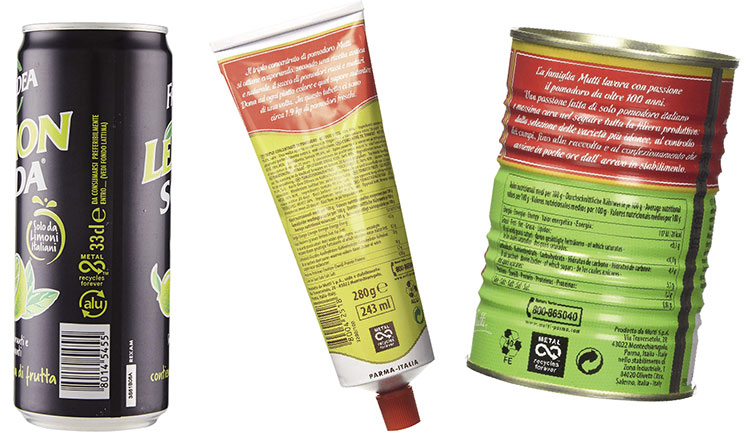
THE FIGURES OF RECYCLING According to the most recent data released by Ricrea, in 2017 75.3% of steel packaging released for consumption was recycled, resulting in energy savings of 1.2 TWh of primary energy.
The numbers registered for aluminium packaging are just as positive: CIAL confirms that, in the same year, 68.6% of the quantity placed on the market was recovered (ie 7 packs out of 10), compared to a reduction in greenhouse emissions equal to 328,000 tons of CO2, as well as an equivalent energy saving to over 141,000 tons of petroleum.














